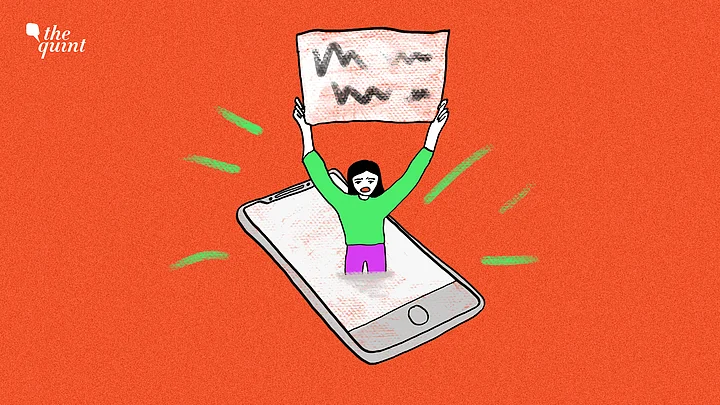It is easier to channel your anger towards those you know are listening - it is basic of human tendencies, to lash out. But what happens when this begins to seep into large scale social settings - something as big and ever-encompassing as social media?
What happens when honest change-makers and social activists turn on potential allies simply because they feel peevish about physically doing more? In the age of internet activism, when everything from sexually objectifying headlines to film plot-lines are debated and made noise about, is it fair to ask the meeker, uncertain voices of change to be silenced?
How many times have you seen a full-time activist retweet someone’s message of support, calling them out for being ‘armchair’ warriors who don’t make actual change on the ground-level? This dragging goes on to point instances from the person’s past when they’ve made similar ignorant mistakes, calling people ‘pseudo-intellectuals’ who’re thriving on making themselves feel morally better through something called ‘slacktivism’.
While it will never be truly known how many lone social cause allies over the internet actually care for the matter with respect to applying it in practical life (I care for the environment, but am I ready to give up 100% of my plastic from this very day? Probably not), it is important to identify that often, this is most people’s baby steps towards making physical change around them and that often it is a way for people to understand the power of their own opinions - the ones they’ve kept inside all this time.
The point critics of internet activism make is that it dilutes the true power of a ground-level protest, simplifies the complexities of the issue at hand, and that it often makes people advocates of issues they don’t truly understand. In effect, internet activism for them does more harm than good. But is that entirely true?
It is well known that conversations bring in debates, which in turn change ideas and ideologies. Is tweeting about issues entirely meaningless, then?
It is important to realise the impact of conversations. Even if 80% of the people who tweet about an issue are ill-informed, they’re engaging in debates online, having conversations, being made aware. In such a sense, one must see online-activism as a means of galvanising a complacent society, and not the final step.
While changing photos to blue to support the Sudanese people might seem pointless to many, it forces populations to at least look up and Google, why people are doing it. That’s one more informed head than yesterday - a win, if you ask me.
Take the ‘KONY 2012’ campaign, perhaps one of the most successful examples of online activism campaigns. Would small road-protests have had the same impact and shock-value? Furthermore, it is easier for governing bodies and those in power to silence a small group of people, but when the world begins to talk, it gets harder to hide away from the repercussions of your actions. Many times, small movements have mobilised thousands to come out in action, such was the case with the Tunisian revolution that started off on Twitter and Facebook when a vegetable vendor set himself on fire for not finding work. This led to the rapid mobilisation of Tunisian people, eventually driving out the President who had to flee to Saudi Arabia, seeking refuge.
In 2012, Ravi Srinivasan became the first Indian to be arrested for a tweet. If words held no power, why are governments monitoring the lives of millions?
As with the recent Aarey deforestation, protestors were made aware of the government's actions through rapid tweeting, driving many out of their homes and to the ground. Other times, as with the #MeToo movement, we began to see tangible change in the behaviour of people around us. And while it is true that the movement had its own flaws, like being class-based and unverifiable, the pros definitely out-weighed the cons. Victims found a way to voice themselves, and while legal changes might not have been witnessed, it gave scared and helpless women access to lawyers who are willing to work pro-bono. And if nothing else, it gave the women the support of other victims. Is that nothing to be happy about?
It is true that seeing surface level protests can be frustrating for someone who devotes their entire life for a cause, but full-time activists having nostalgic ideas about what it means to bring change is excessively counter-productive at the end of the day.
And yes, it has been a hot minute since we’ve demanded change and accountability on certain matters such as those of conservation, fair governance and equality, but we must let people ease their way into it. It might seem cretinous to change your profile photo to red for the people of Kashmir, but it is a reminder. And that’s much more than us spending our days and nights scrolling through memes, wearing out into reeking ignorant privilege.
Is ‘Armchair Activism’ truly all bad, then? People like to engage in activities they’re appreciated for. People quickly back out of activities where they’re discouraged and their intentions questioned - so why do it? Is not some change better than none? What if we begin to drive away people who are trying to step out of privilege and talk about the world problems that might not affect them in any way? We urgently need to understand where criticism becomes discouragement, and soon the final nail in the coffin.
